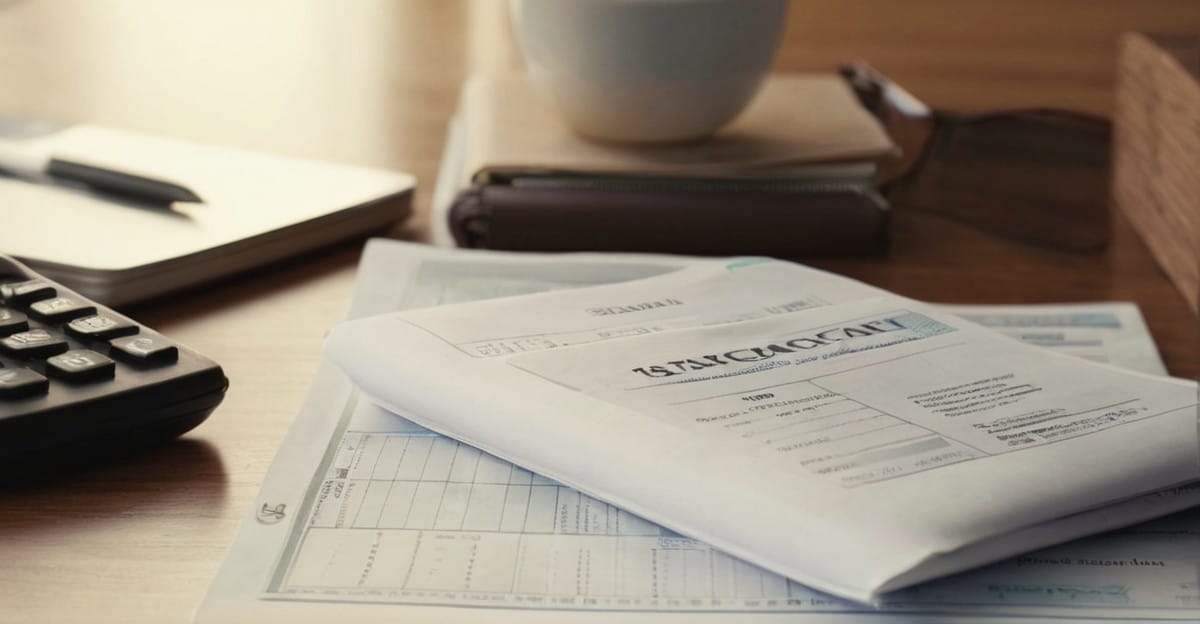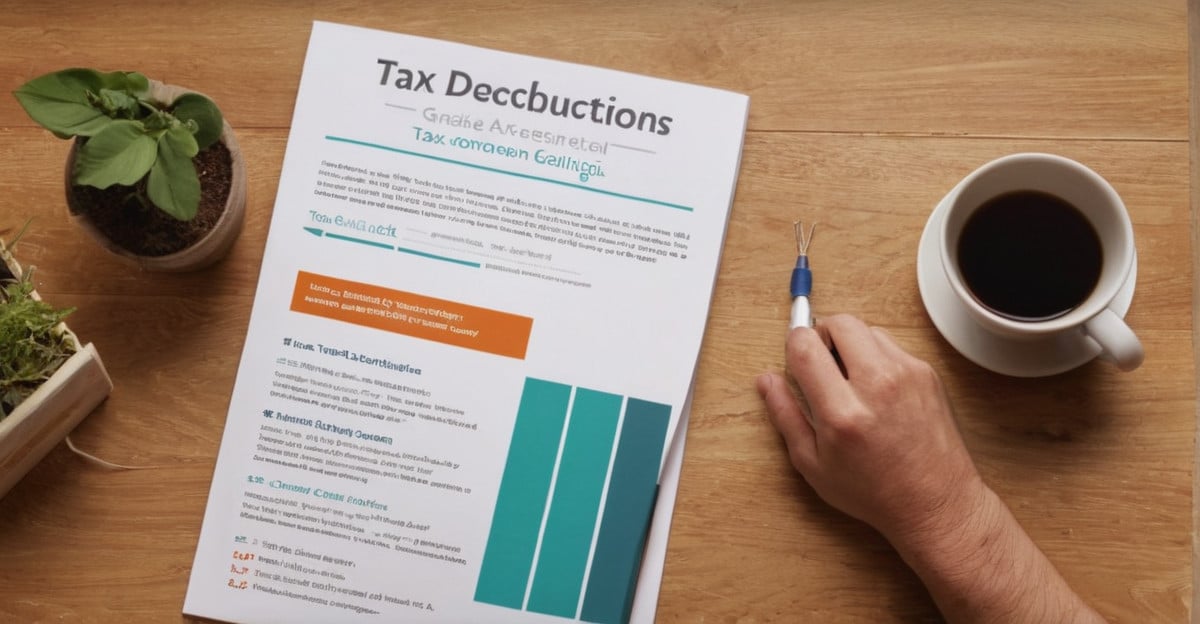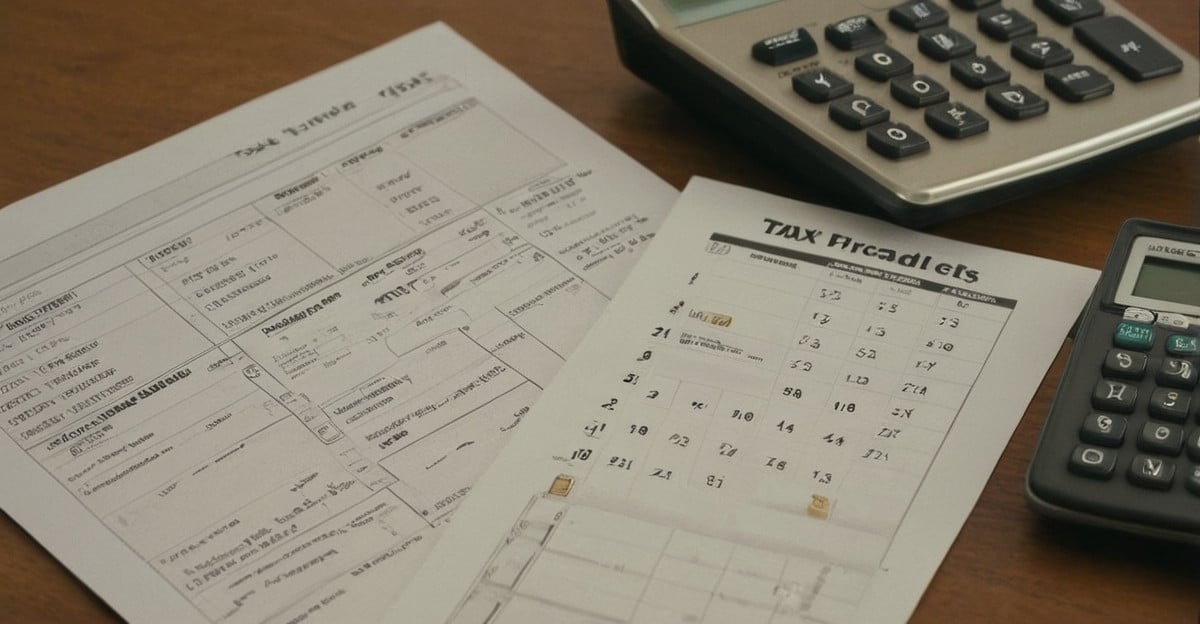Introduction: The Importance of Managing Taxes for Freelancers
Managing your taxes might be one of the most difficult parts of running a freelance business. Freelancers must budget for their own taxes, which can be confusing and stressful in contrast to regular employees. We will go over a number of methods and pointers in this Freelancer’s Handbook to make sure you can save for taxes stress-free in 2024. After reading this tutorial, you should have a firm grasp on how to efficiently handle your money and make sure you’re ready for tax season every year.
Understanding Your Tax Obligations as a Freelancer
Knowing your tax responsibilities as a freelancer is essential before you can start saving for taxes. Freelancers are responsible for handling their own tax payments, unlike regular employees who have taxes automatically deducted from their paychecks. This includes self-employment tax, which pays for Medicare and Social Security, in addition to income tax. It’s crucial to remember that the current self-employment tax rate is 15.3% when estimating your savings. Freelancers must also pay their estimated taxes on a quarterly basis in order to avoid penalties and interest. The first step in developing a stress-free tax-saving strategy is realizing these responsibilities.

Setting Up a Dedicated Tax Savings Account
Creating a special tax savings account is one of the finest strategies to make sure you are ready for tax season. You can accumulate a reserve to meet your tax obligations by designating a portion of your income to be sent into this account on an automatic basis. By using this method, you can avoid the temptation to spend money that has been set aside for taxes while also staying more organized. Although this amount could vary based on your unique situation, financial experts advise deducting taxes from your income by 25% to 30%. Having a specialized account eases the stress of tax season and facilitates better money management.
Tracking Your Income and Expenses
Anyone who works as a freelancer and wants to stress-free save for taxes must maintain accurate records. Maintaining thorough documentation of your earnings and outlays guarantees that you can take advantage of all allowable deductions and assists you in monitoring your financial situation. This procedure can be made simpler by using a variety of tools and software programs, like Expensify, FreshBooks, and QuickBooks. You can obtain a comprehensive understanding of your financial status and make well-informed judgments regarding your tax savings by keeping up-to-date records on a regular basis. Furthermore, filing your taxes can be a lot easier and less stressful if your documents are well-organized.

Maximizing Tax Deductions and Credits
You can lower your tax bill as a freelancer by taking advantage of a variety of tax deductions and credits. Expenses for travel, office supplies, internet and phone costs, and home office expenses are examples of common deductions. Furthermore, you can qualify for benefits like the Retirement Savings Contributions Credit or the Earned Income Tax Credit (EITC). Maintain thorough records and receipts for all allowable costs in order to optimize your credits and deductions. Speaking with a tax expert might also assist you in finding other ways to reduce your tax liability. Utilizing all of the credits and deductions that are available to you will help you keep more of your hard-earned money and lessen your tax burden.
Making Quarterly Estimated Tax Payments
Making anticipated tax payments on a quarterly basis is one of the most crucial parts of managing your taxes as a freelancer. By guaranteeing that you pay your taxes throughout the year, these payments assist you in avoiding fines and interest charges. Usually, April 15, June 15, September 15, and January 15 of the following year are the deadlines for these payments. You can use Form 1040-ES, which includes spreadsheets and instructions to assist you determine the exact amount, to compute your anticipated tax payments. Staying on top of your quarterly payments will help you prevent any unpleasant surprises and lessen the stress that comes with tax season.

Consulting with a Tax Professional
It can be difficult to handle your taxes as a freelancer, but you don’t have to. You may make sure that you are fulfilling all of your tax requirements by seeking advice and insights from a tax professional. A tax expert can assist you with tax planning techniques, estimate your tax payments, and help you find credits and deductions you might have overlooked. They may also guide you through any complicated tax matters that come up, such audits or disagreements with the IRS. You may manage your taxes with less worry and peace of mind if you engage with a tax professional.
Utilizing Tax Software and Tools
Today’s digital age offers a plethora of tax software and solutions that make managing your taxes as a freelancer easier. Well-liked choices with features like assisted tax preparation, tools for locating deductions, and e-filing are TurboTax, H&R Block, and TaxAct. With the aid of these tools, you can easily file your taxes, determine whether deductions are applicable, and calculate your tax burden precisely. Many of these systems also include assistance from tax experts in case you run into any problems. You may simplify the tax preparation process and lessen the stress involved in filing your taxes by making use of tax software and resources.
Staying Organized with Financial Planning
Planning your finances wisely is essential to handling your taxes as a freelancer. You can make sure that you are ready for tax season at all times by making a budget, establishing financial objectives, and monitoring your finances on a regular basis. Setting up money for long-term necessities such as health insurance, retirement, and other expenses is another aspect of financial planning. You can get assistance with financial planning from a variety of tools and services, including online classes, financial advisors, and budgeting apps. You can lessen the stress that comes with doing your taxes and increase your financial stability by maintaining organization and being proactive with your financial planning.

Conclusion: Achieving Tax Preparedness and Financial Stability
As a freelancer, handling your taxes doesn’t have to be difficult. You can attain tax preparedness and financial stability by being aware of your tax responsibilities, creating a specific tax savings account, keeping track of your earnings and outlays, optimizing credits and deductions, paying estimated taxes on a quarterly basis, seeking advice from a tax expert, using tax software and tools, and maintaining financial planning organization. You may confidently negotiate the complexity of taxes with the knowledge and techniques found in the Freelancer’s Handbook. Never forget that organization and planning are essential for a stress-free tax season. You can make sure that you are always prepared for tax season and concentrate on expanding your freelance business in 2024 and beyond by putting these techniques and tips into practice.






